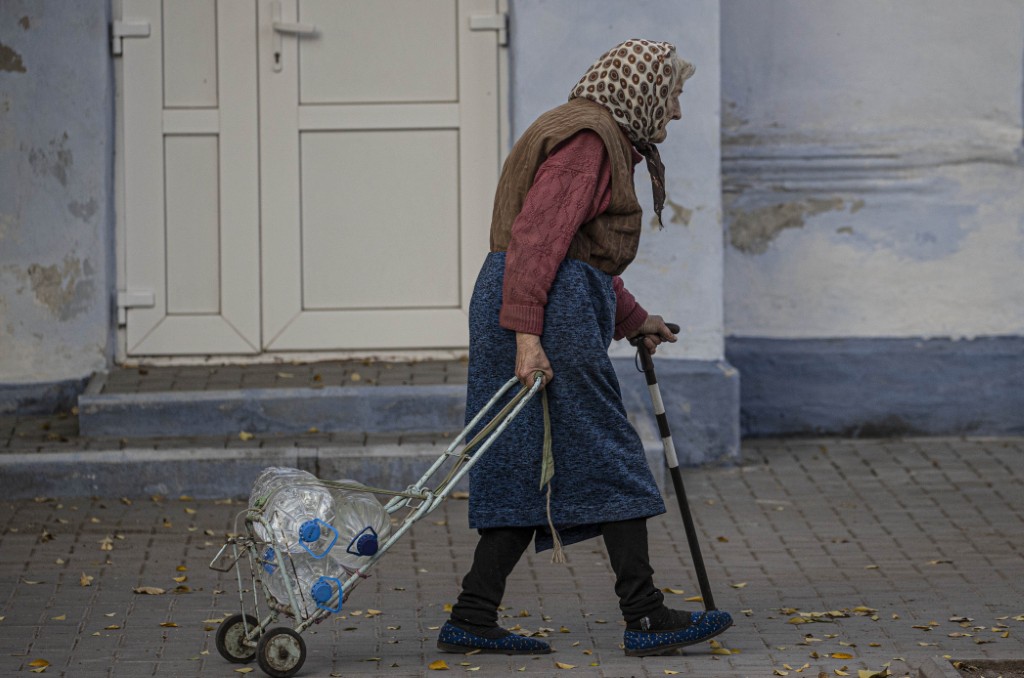São Paulo – Between two and three billion people worldwide experience water shortages, which will worsen in the coming decades, especially in cities, if international cooperation in this area is not boosted, according to the report, published by the United Nations and released on the occasion of this World Water Day (22) at the UN 2023 Water Conference in New York.
Globally, 2 billion people (26% of the population) do not have safe drinking water and 3.6 billion (46%) lack access to safely managed sanitation, according to the report, published by the UN Organization of Education, Science and Culture (UNESCO) on behalf of UN-Water.
The report projects the global urban population facing water scarcity will double from 930 million in 2016 to 1.7–2.4 billion people in 2050. According to the UN, the growing incidence of extreme and prolonged droughts is also stressing ecosystems, with dire consequences for both plant and animal species.
The UN warns there is an urgent need to establish strong international mechanisms to prevent the global water crisis from spiraling out of control. “Water is our common future, and it is essential to act together to share it equitably and manage it sustainably,” the agency said
The report sustains that nearly every water-related intervention involves cooperation. According to the UN, growing crops require shared irrigation systems among farmers, and providing safe and affordable water to cities and rural areas is only possible through a communal management of water-supply and sanitation systems. “Cooperation between urban and rural communities is essential to maintaining both food security and uphold farmer incomes,” the document concluded.
Translated by Guilherme Miranda




